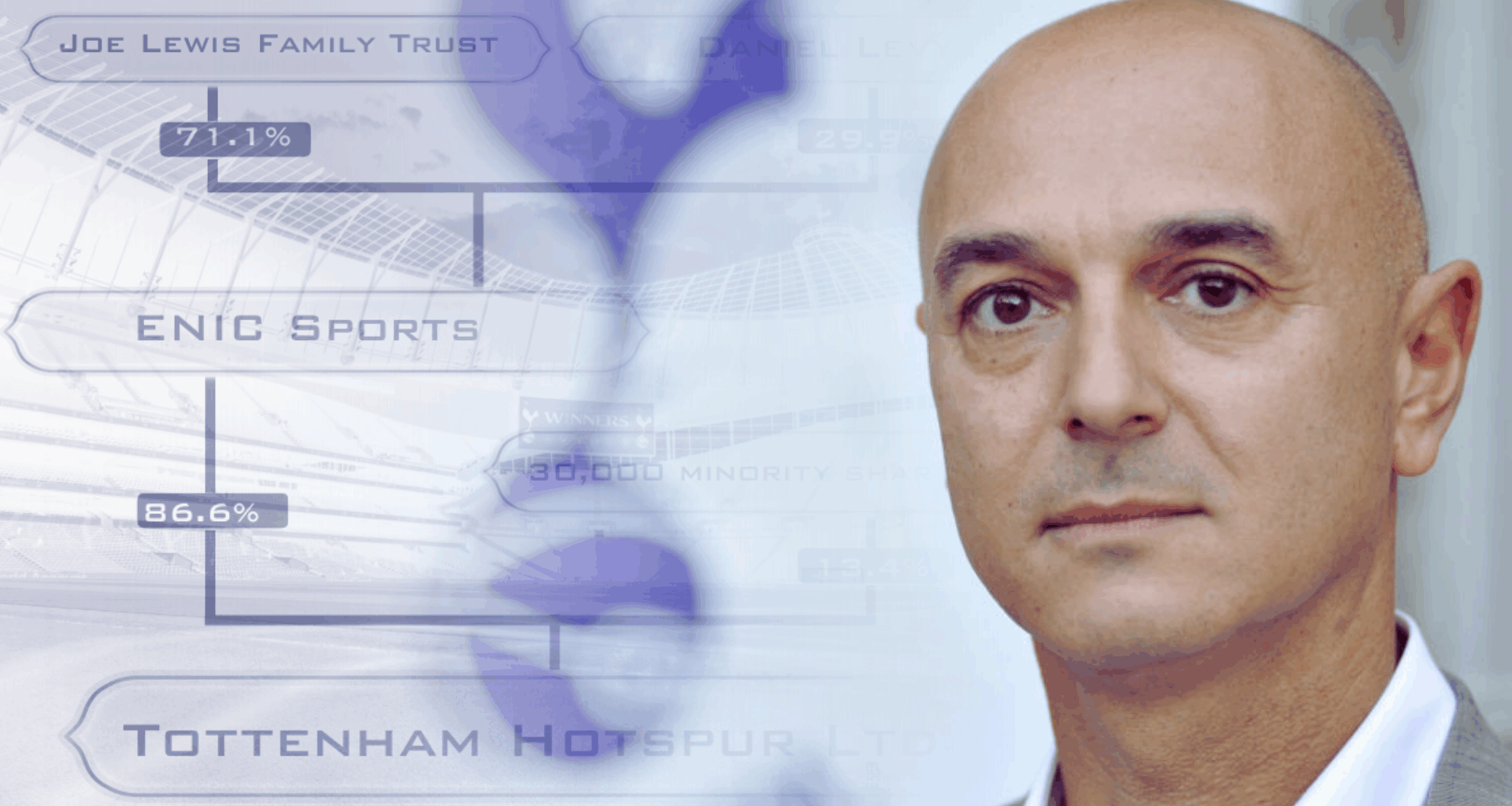Tottenham have been seeking fresh investment for some time now, but Daniel Levy’s valuation of the club in tandem with several other factors means they are yet to find a suitable buyer.
It has been over a year since Amanda Staveley was linked with Spurs. Since then, there has been very little fresh information.
Staveley’s negotiations with Daniel Levy and ENIC focused on the potential for a minority investment worth around £500m. A full takeover, however, has never been ruled out, with the private equity firm MSP Sports Capital among the groups who have been interested in a deal for a majority stake in the club.
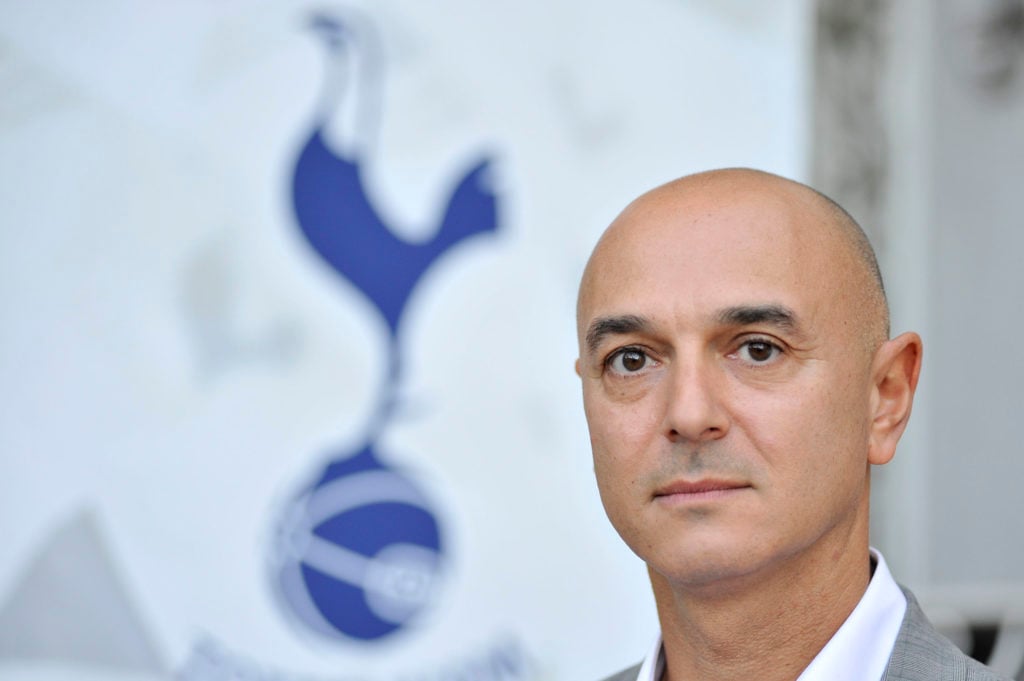 Photo by Toby Canham/Getty Images
Photo by Toby Canham/Getty Images
Tantalisingly for Spurs fans desperate for their club to take the handbrake off in the transfer market and furnish Thomas Frank with big-name signings, the prospect of an investment backed by Qatari sovereign wealth has also been regularly floated.
Earlier this year, it emerged that an unspecified group of private investors from the Gulf nation had also been in contact with the club that Levy values at close to £4bn.
Could Daniel Levy bring his son onboard at Spurs?
The ownership structure at Spurs isn’t particularly clear, particularly since former outright owner Joe Lewis stepped back from operations.
Lewis passed on his stake in Spurs, which is held via ENIC, to his heirs. But ENIC itself is believed to be owned by Lewis-founded investment firm Tavistock, who list Tottenham as a key investment on their website.
After the departure of chairman Shehan Dissanayake, the two most senior figures listed in Tavistock’s senior management are Nick Beucher, the husband of one of Lewis’ children and Josh Levy, the 34-year-old son of Daniel Levy.
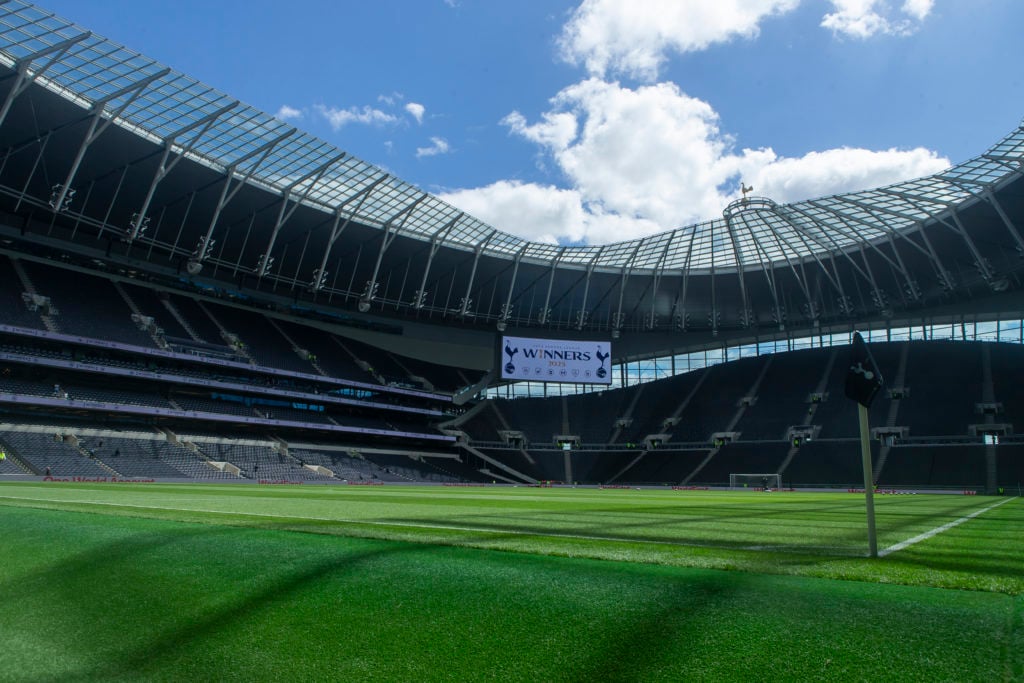 Photo by David Watts | MI News/NurPhoto via Getty Images
Photo by David Watts | MI News/NurPhoto via Getty Images
“We appear to be reaching dynasty football,” says football finance expert Kieran Maguire, speaking to TBR Football.
“We have seen it at Man United with Malcolm Glazer’s stake and control over the club being inherited by his children. At West Ham, you have Jack Sullivan. Tony Bloom initially had a relative on the board, which is how he became
“If the club is originally owned by a fan, the handing over of control can be beneficial if the same values that the fans hold are being promoted as part of the transition. But there is a tension – should a club be a business, a community asset, a trophy asset? Those lines are getting quite blurred.
“Trying to work out what is going on at Spurs is an enigma. Every time you strip back one layer, there is another layer.”
Tottenham valued at £704m, per minority shareholder market
A relatively little-known fact about Spurs is that, as well as Levy and ENIC, they have thousands of minority shareholders from their days on the London Stock Exchange.
These shareholders own around 13 per cent of the club, and Levy says they try to run Tottenham like a public company – with maximum transparency – as a result.
A recently concluded auction on the Asset Match platform saw several tranches of shares bought at a value of £3 each, giving the club a market cap of £704m.
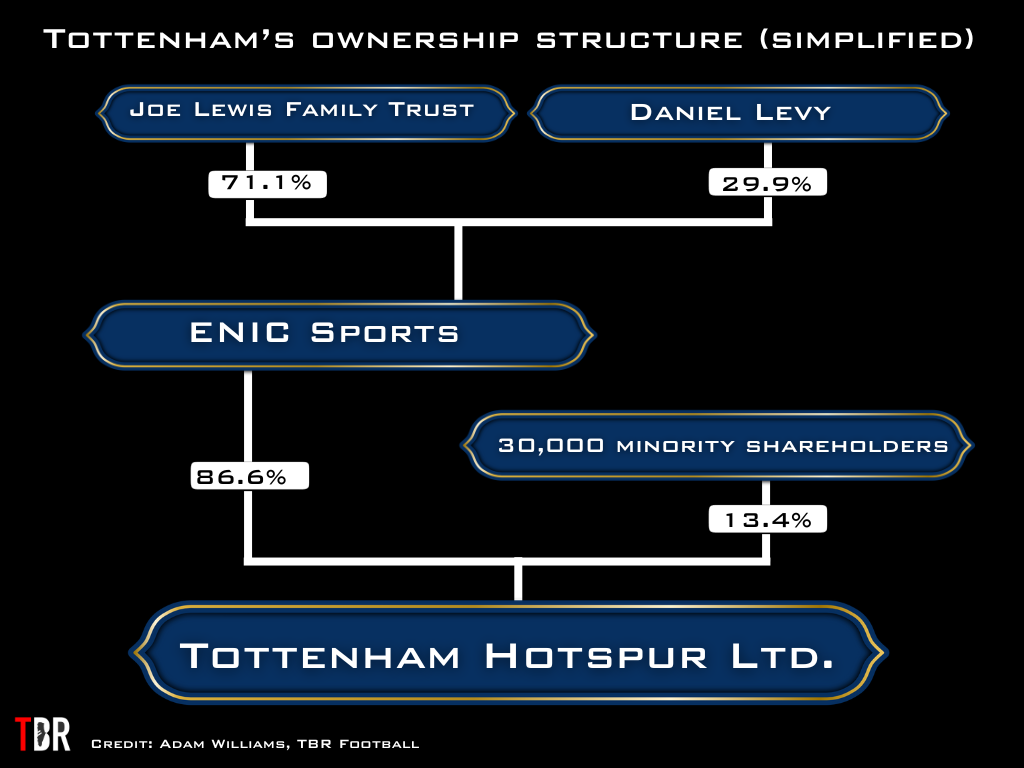 Tottenham ownership diagram encompassing ENIC and Daniel Levy
Tottenham ownership diagram encompassing ENIC and Daniel Levy
Credit: Adam Williams/TBR Football/GRV Media
In reality, the true value of the club is in the billions. But could the minority shareholders be a block in negotiations with a potential investment partner?
“As for the individual shareholders, there is a concern,” Maguire tells TBR Football.
“They may have seen what has happened at Everton. If shareholders hold onto shares, could they get a better price when the club is eventually bought? It could be that Levy and ENIC could sell their shares, but the new owner would be under no obligation to buy the minority shareholders out.
“I don’t think those minority shareholders would be involved necessarily in a deal unless someone so rich comes along, says they don’t want the hassle at the AGM, they could pay them bog-off money. That would allow them to run it as a fiefdom.”
Tottenham’s reaction to UEFA decision to fine Chelsea and Aston Villa
Last week, UEFA announced that it had fined Chelsea and Aston Villa for breaching its financial rules.
“Spurs will be pleased but not pleased from the rulings we’ve seen from UEFA,” says Maguire.
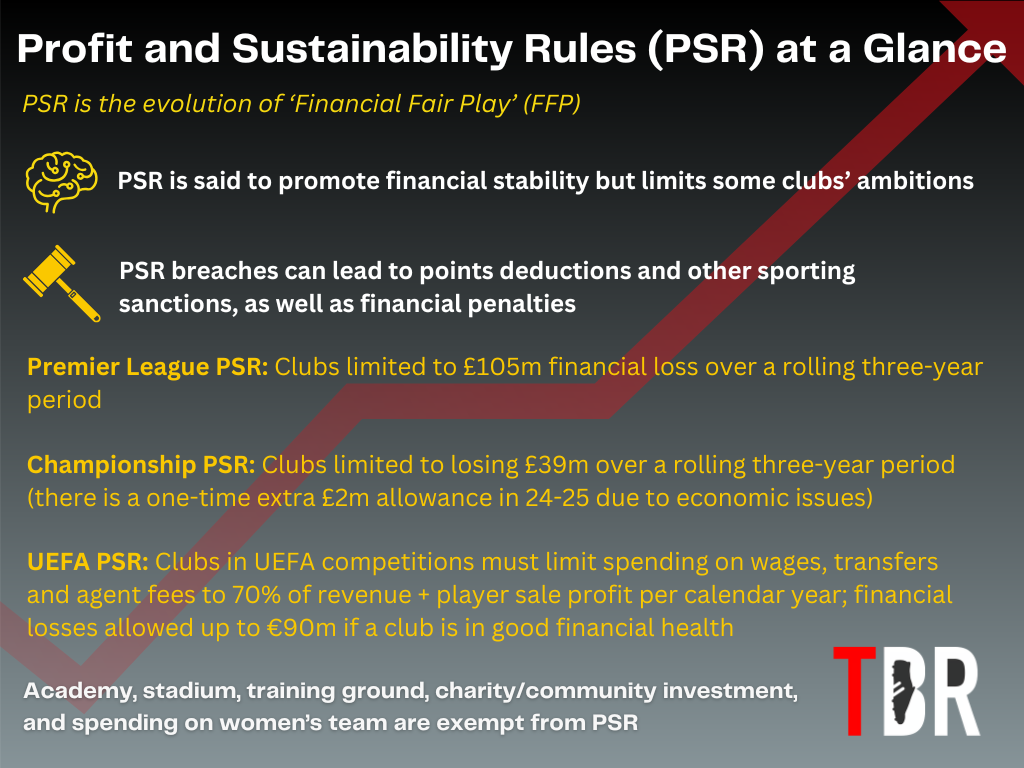 PSR infographic. Credit: Adam Williams, GRV Media
PSR infographic. Credit: Adam Williams, GRV Media
“Given that Barcelona have now been fined twice, they haven’t spent money this summer. But the Premier League clubs are all spending money. We aren’t seeing any evidence that these clubs are being impacted yet, but on a medium-term basis, if business plans are being imposed upon clubs, there will be a gap that other clubs in theory can take advantage.
“Whether that is enough to attract to people given the wages that are being offered at Spurs is another matter.”
